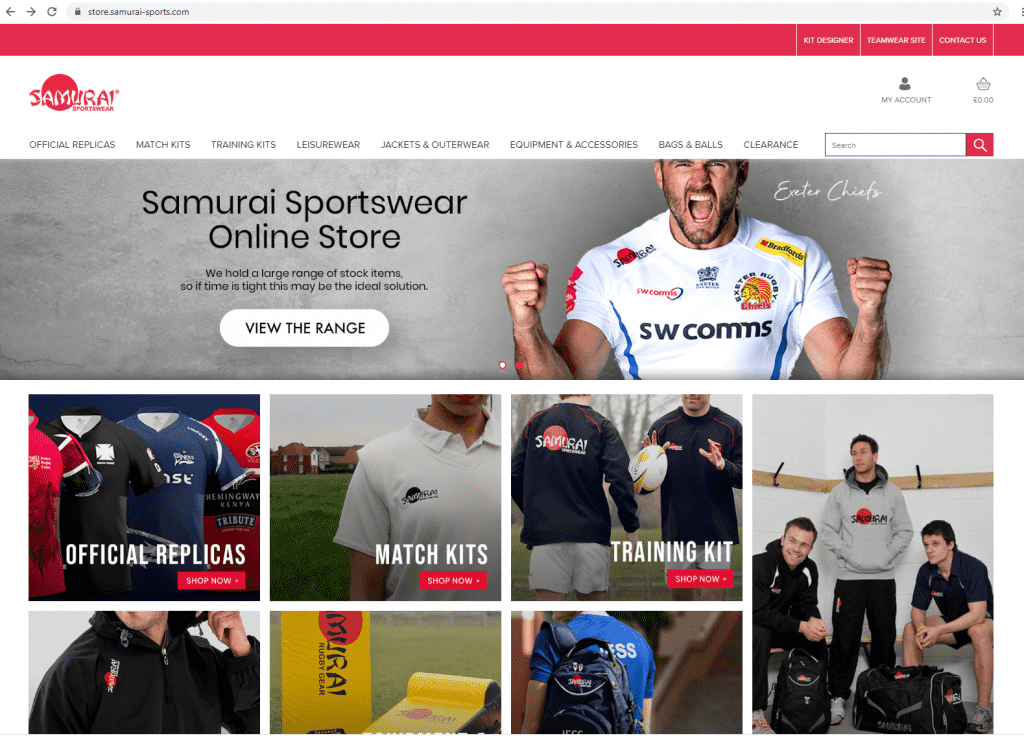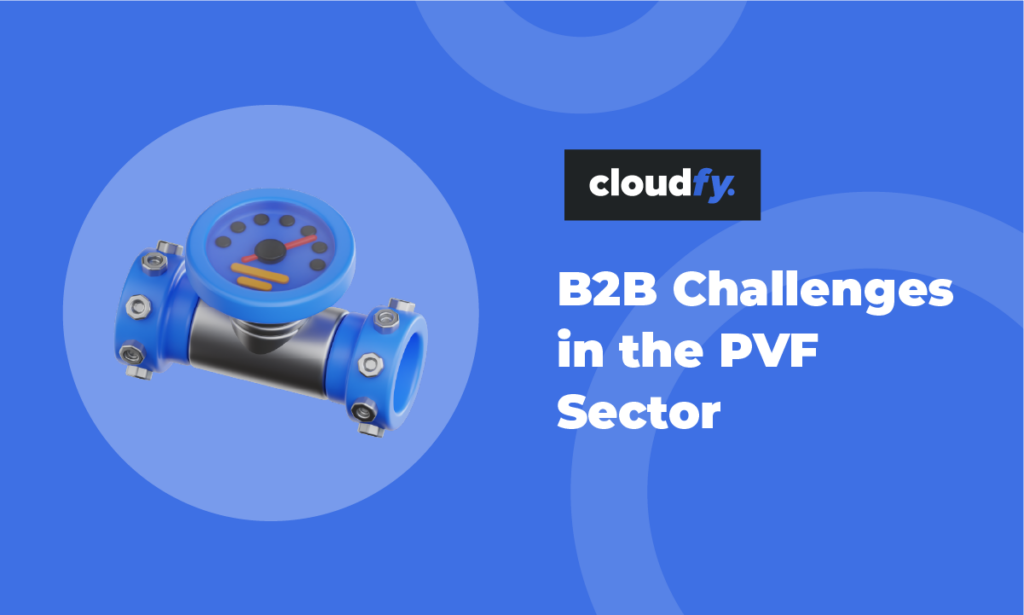At Cloudfy, our product team are working hard to add rich new functionality to our B2B ecommerce platform, with Cloudfy clients receiving access to these new features automatically if they are on the latest version of the platform.
In this blog we’ve summarized some of the most popular features we’ve introduced recently, as well as sharing plans for more functionality which will arrive soon.
Product Ledger
Cloudfy customers are now able to track and audit the movements of their stock with the Product Ledger feature, which is perfect particularly for businesses who are just starting out and may not have an ERP solution yet.
With this new, out of the box feature you can now easily:
- Handle multiple warehouses of stock
- If you have multiple warehouses, and you want to transfer from one warehouse to another, you can do that directly within Cloudfy, with the request going into the product ledger so it’s all managed within Cloudfy
- Make stock adjustments
- Use the stock availability feature, where you can filter by SKU, and see Stock, Allocated Stock and Free Stock available, so you can see at a glance how much stock can be ordered, how much is being shipped, etc;
- Can do stock checks, which can run blind, without the current stock figure, just based on a list of products, or a normal stock take where you can see any differences
Drop Shipments
This new Cloudfy feature enables you to sell items from 3rd parties that you don’t hold the stock for, but that can be dispatched directly from a drop shipper. We’ve developed a complex drop shipment capability which can do every kind of drop shipment.
You can mark at product level which products are drop shipments, and you can even use drop shipment for customer groups or specific customers, so that drop shipment can be managed at customer-level if desired.
Cloudfy then analyzes each basket to see how many drop shipments there are and for which supplier, and then it can create a separate order for each drop shipment for various suppliers, and link all the new orders back to the original order, for easy management and tracking.
Product personalization
Businesses using Cloudfy as their ecommerce platform can now add product-level personalization by setting up a list of custom attributes which can be specified for personalization. You can start off by creating a personalization layout, to enable your customers to personalize different products and you can make different attributes mandatory or optional.
The personalization layouts are easy to create using drag and drop functionality, with easy to set up rules.
You can even have the same SKU, but sold in two different ways on the website, so that each standard product can have its personalization feature enables, and then you can choose which layouts apply to each product, so that logged in users will only see the layout that they have access to based on price. This makes it easy for products to be sold in different ways to different people depending on who they are (a retail vs a B2B customer for example), making this feature particularly attractive for hybrid businesses that serve both B2C and B2B audiences.
But the feature doesn’t stop here. You can even design dedicated landing pages for different B2B customers, with product selections specifically chosen for them, including product personalization options, instead of them seeing the standard retail view of your Cloudfy store.
That means that within the same Cloudfy website, you can easily create different user journeys and experiences, including multiple registration forms, with B2B customers being given specific registration and log in URLs. You can see all of these features in action on Samurai Sportswear for example.
Product customization
We’ve also recently introduced the ability to create different images for different people to see of the same product using our Product customization feature.
This feature enables you to change the way a product appears and is referenced externally for website users. For example, you can add a Customer SKU in addition to the normal product SKU, and you can attach that reference to specific customers or customer groups.
Customer Questions
With certain industries requiring their customers to answer specific questions before they can use their website (for example, ‘Are you over 18?’), this feature has been another recent popular addition, enabling Cloudfy customers to send out different questions to their users.
These can be used in a variety of ways, by creating customer questions layouts, for example to get feedback about the website. Everything can be easily configured for each layout with drag and drop, and you can have different types of responses or add multiple section.
You can also decide where those questions have to be asked, for example at log in, or on the checkout, and you can choose which questions are targeted at which people or customer groups.
The answers can be easily exported offline if needed, you can set certain questions to run only between specific dates, and if you have a call center that uses the phone manager for taking orders, these questions can also be used for that purpose.
Coming Soon
This is just a glimpse into some of the exciting features we’ve launched so far this year, as we constantly work on improving our B2B ecommerce platform. We will soon be launching multi-site capabilities, enabling our customers to run multiple domains from their Cloudfy instance, which can work especially well for hybrid B2B/D2C businesses.
To learn more about Cloudfy’s extensive B2B ecommerce functionality or see a demo of the platform, get in touch with our experts.






